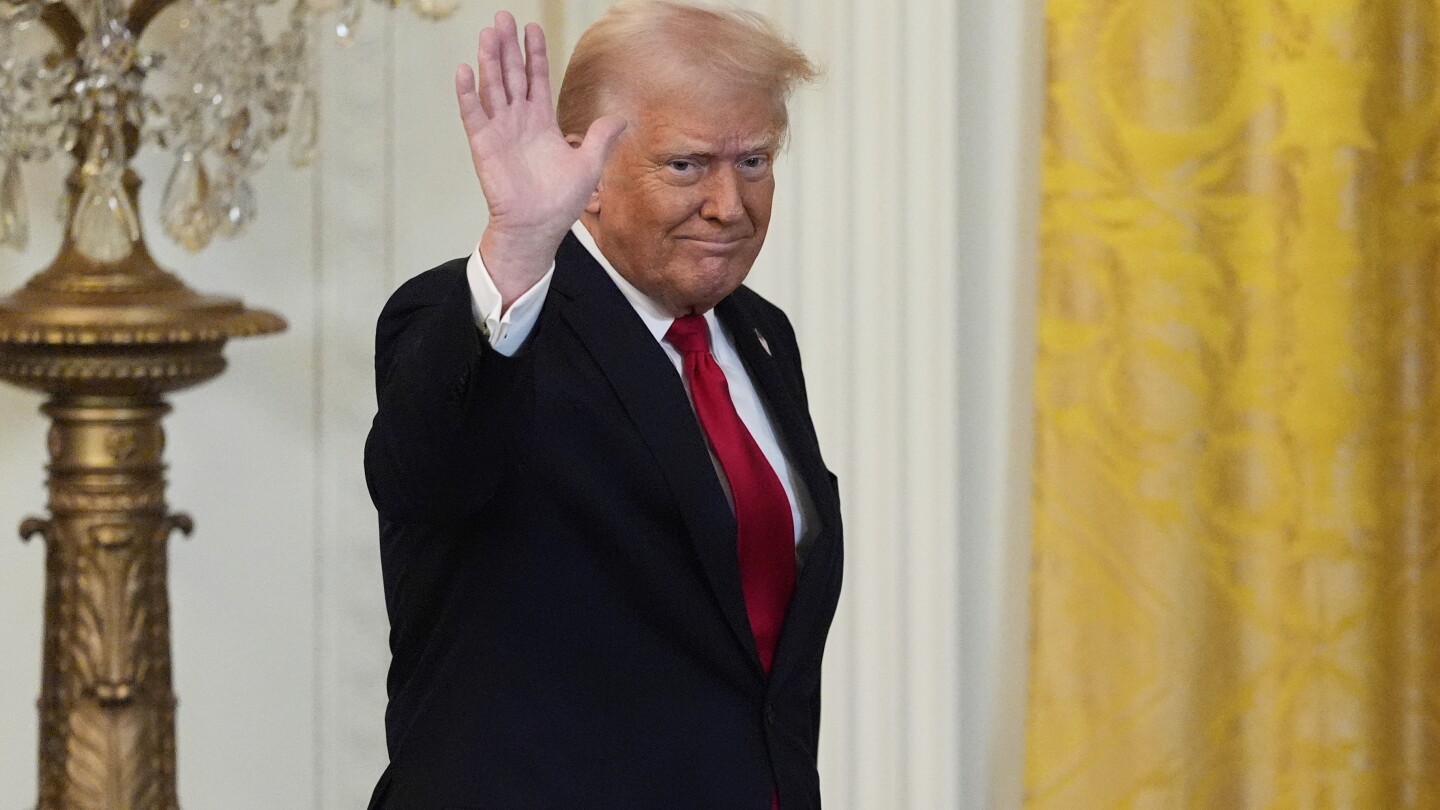Chris W.
Hey, Chris. Thanks for your question. Kennedy said he’s assembling a task force of health experts to study the issue of fluoride in tap water and make new recommendations.
While Kennedy cannot order communities to stop fluoridation, he can direct the CDC to stop recommending it and work with the EPA to change the allowed amount.
Speaking of the EPA, it just announced it is reviewing “new scientific information” on potential health risks of fluoride in drinking water. The EPA sets the maximum level allowed in public water systems.
AP reporters Hannah Schoenbaum and Mike Stobbe reported on this. Here’s some of what they wrote:
Kennedy oversees the CDC, whose recommendations are widely followed but not mandatory. State and local governments decide whether to add fluoride to water and, if so, how much — as long as it doesn’t exceed a maximum set by the EPA, which is currently 4 milligrams per liter.
Kennedy, a former environmental lawyer, has called fluoride a “dangerous neurotoxin” and said it has been associated with arthritis, bone breaks and thyroid disease. Some studies have suggested such links might exist, usually at higher-than-recommended fluoride levels, though some reviewers have questioned the quality of available evidence and said no definitive conclusions can be drawn.
In November, just days before the presidential election, Kennedy declared Trump would push to remove fluoride from drinking water on his first day as president. That didn’t happen, but Trump later picked Kennedy to run the U.S. Department of Health and Human Services, where he has been expected to take some kind of action. Meanwhile, some localities have gone ahead with deciding whether to keep adding fluoride.
Related to all this: A massive round of staffing cuts last week across federal agencies included the elimination of the CDC’s 20-person Division of Oral Health. That office managed grants to local agencies to improve dental health and, in some cases, encourage fluoridation.
